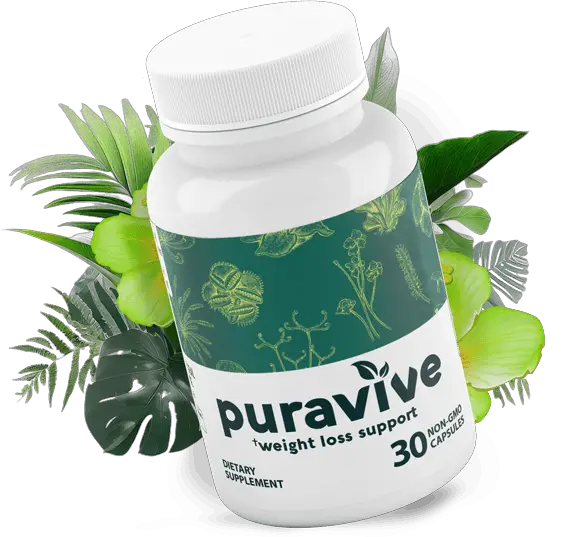Unleashing the Power of Vitamin C: Benefits, Origins, and Risks to Consider
Exploring the World of Vitamin C;
Vitamin C, ascorbic acid, is a water nutrient essential for overall health. Since our bodies cannot produce it independently, obtaining it through diet or supplements is vital. This discussion will delve into the advantages of vitamin C, its sources, and potential drawbacks.
The Strength of Vitamin C
Harnessing Antioxidant Power: Vitamin C is an antioxidant that fights against radicals – unstable entities known for causing cell damage, aging, and diseases. By reducing stress vitamin C acts as a shield against conditions like heart disease, cancer and neurodegenerative disorders.
Boosting the Immune System: Known for its immune-boosting abilities, vitamin C enhances the production and effectiveness of blood cells that fight infections and maintain immune strength. Additionally, it helps shorten the duration and severity of colds while potentially preventing complications such as pneumonia.
Supporting Collagen Formation: Vitamin C is essential for collagen synthesis and promotes skin, bones, and connective tissue structure.
Regular consumption of vitamin C is beneficial for skin health. It speeds up wound healing and supports health.
Enhancing Iron Absorption: Vitamin C helps the body absorb heme iron found in plant-based diets, which is essential for vegetarians and vegans to prevent iron deficiency caused by the lack of heme iron in their food.
Protecting Heart Health; Vitamin C can reduce the risk of heart disease by controlling blood pressure improving blood cholesterol levels and preventing the oxidation of LDL cholesterol, which can lead to atherosclerosis.
Preserving Eye Health; When combined with antioxidants like vitamin E and zinc vitamin C shows potential in reducing the risk of age related macular degeneration (AMD) a cause of vision problems, in adults.
Sources of Vitamin C;
Plentiful Options; Vitamin C can be found in a variety of foods, fruits and vegetables.
Some of the sources of this nutrient include;
Citrus fruits, like oranges, grapefruits and lemons
Berries such as strawberries, blueberries and raspberries
treats like kiwifruit and mangoes
Bell peppers, especially the red and yellow varieties
Green treasures like kale and spinach
Broccoli
Brussels sprouts
Tomatoes
The recommended daily intake of vitamin C varies depending on age and gender. Men should aim for 90 mg per day while women should target 75 mg. Pregnant and nursing mothers may require doses.
Important Points to Note;
While harmless excessive consumption of vitamin C can lead to effects like;
- Digestive Issues; Taking amounts of vitamin C may cause diarrhea, nausea and stomach discomfort.
- Kidney Stone Concerns; High levels of vitamin C could increase the risk of kidney stone formation in individuals with a history of conditions.
- Iron Imbalance; In conditions such as hemochromatosis, excess intake of vitamin C can worsen iron levels.
- Interaction with Medications; Vitamin C supplements may not mix well with medications, particularly blood thinners, statins and chemotherapy drugs.
Vitamin C is a nutrient that plays a role, in overall health.The wide range of advantages includes boosting antioxidants strengthening the system producing collagen aiding in iron absorption and supporting heart health and eye health. To get the most out of it include a variety of foods, in vitamin C in your diet. Be cautious, about any possible negative effects. It’s always wise to talk to a healthcare provider before starting any vitamin C supplements especially if you have existing health issues or are taking medications.







